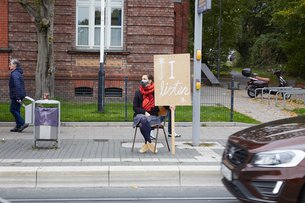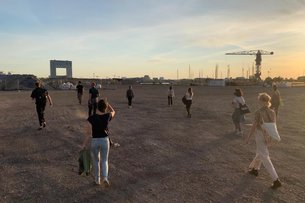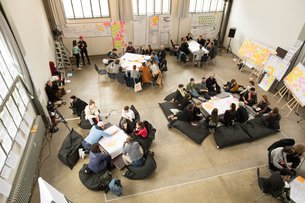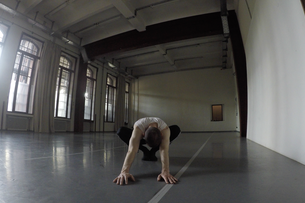Threads of ›TechnoPoesis‹
A letter by Nathan Fain and Johannes Paul Raether
by
Nathan Fain, Johannes Paul Raether
Themes
Fellowships
As part of the process of finding common language between our artistic practices, we have started to situate our work as a grouping of threads that can be seen as collaborative methods which create a shared vector space. In some corners of this multi-dimensional space tangible outcomes may be blatantly noticeable, while in other areas the intersection of thematics seem distant making material outcomes elusive. This is to prevent 'over fitting' and allow the process to retain agency in shaping our work.
The fields, domains, threads that we are currently working through are THEORY, ARCHIVING, NEW-DEVELOPMENTS, BENCHMARKING, PUBLISHING, and POLITICALITY.
With THEORY we will share a set of common readings, recordings and potential discussion with one another and hopefully with invited authors, artists or practitioners. The topics that currently pollinate this area of the ›TechnoPoesis‹ vector space are a mix of our artistic practices and research: Consciousness and cognition in relation to technology; Artificial Identity (Technologies of ) Intelligences; Space and Testimony; Intuition / Critical Design Practices
ARCHIVING will explore the poetics of prior works and their re-embodiment in digital or physical form. We identified 3 devices, which have so far either featured in shared productions (e.g. Surrogate Witch score, Breathing Sequences, Hexensticks) and one that we see as a potential addition from Johannes’ own developments (The Data Body).
During ›TechnoPoesis‹ we will work towards re-configuring and re-constructing theses devices, in which making a proper documentation of instances that are already produced all the more important. We will find repositories for the code as well as new embodyments in sculpture highlighting the forking evolution of such devices as an artist-technological process.
NEW DEVELOPMENTS start at the exploration of an 'audience lens crawler' that blurs archive and performance and will expand the dramaturgies of future performance beyond the stage and the exhibition space. The first steps in this process is to identify the data structures of past works, archival research, and prototyping possible data extraction and storage. In a later stage we will work towards expanding these structures to participants of performances.
This thread is one of the central developments of the fellowship in which we will pursue technological potentials from prior work that lacked resources at the time, such as meshes and autonomous devices. Part of that process, will focus on a discursive element within this thread and seek out collaborations with corporate and educational entities.
In the area of PUBLISHING we will explore the ideas of an expanded sense of publishing beyond traditional “channels” including both our main cultural platforms of art and technology. Detournements of online platforms such as Github or TikTok, but also established forms of online publishing on our websites. Publishing is for both of us a performative endeavor. We would like to share some of our findings not only online, but as performative presentations and fictions that are often left encased in abandoned prototypes from techno-artistic practices. We will work with ruins from both of our practices and feed these entities with a recursive return by means of performance to harvest ideas and concepts and feed them into the main thread of new developments.
And finally, we intend to question the material POLITICALITY by thinking of outcomes as platforms and by also attempting to lodge our work practices outside of the 'global north' where possible. These instances will be coming from our work and are speculative at this point. They are starting from our acute sense of connection with artists and technologists working in different circumstances outside our privileged community. We would like to share this fellowship in a significant form with those developers and artist to stress the fact, that what we engage in is not an efficient, pragmatic and solutionist development process, but in fact a techno-social one.
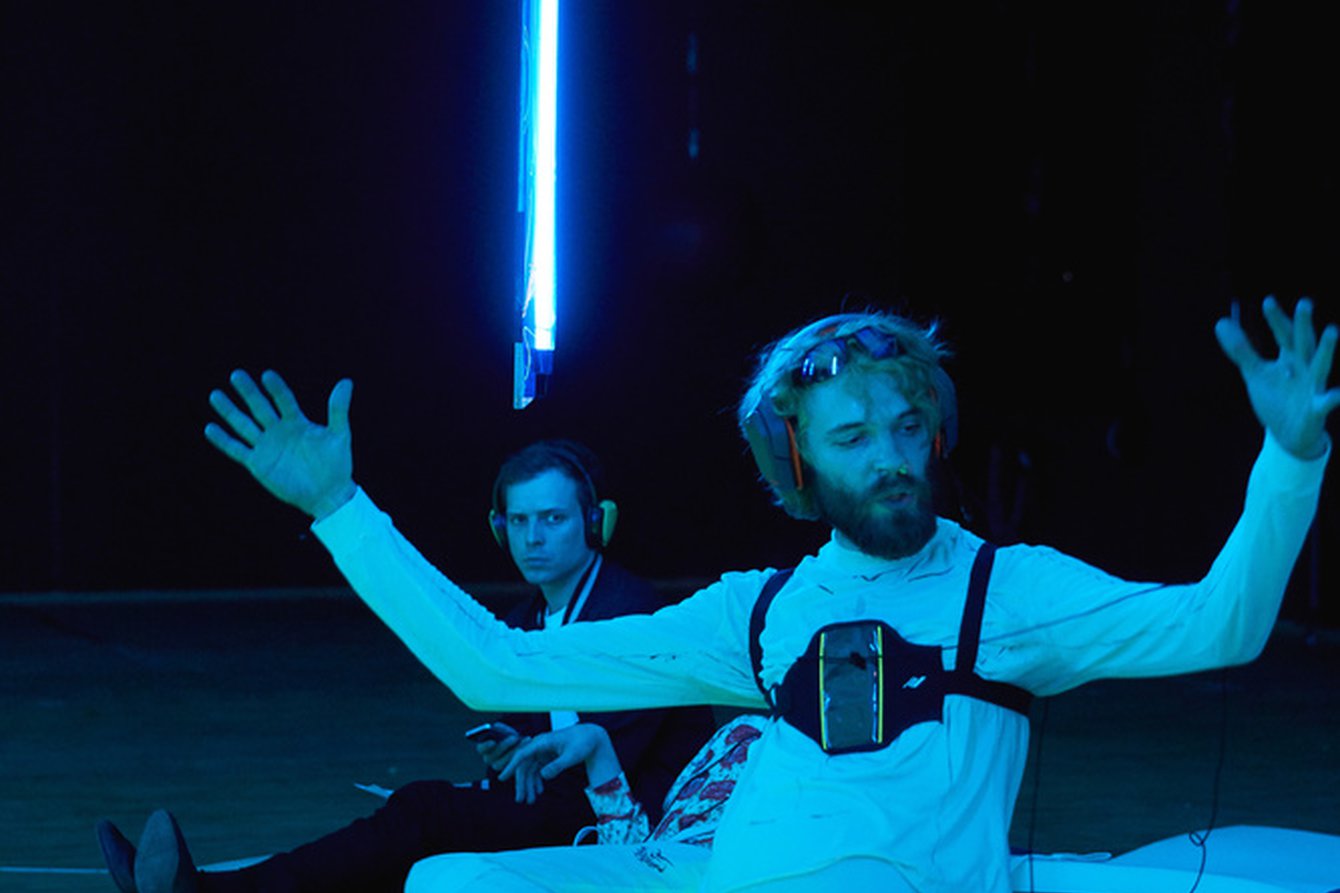
![Johannes Paul Raether, ›Transformalor – Transformella malor [4.4.6.13.]‹, © Photo: Dirk Rose](/files/styles/1340w__3by2/public/redaktion/81-PACT_BlueSkies_%C2%A9%20Photo%20Dirk%20Rose_26731.jpg?h=abba163d&itok=_wGinD_Q)
![Protektox Impossible Forest [5.4.9] Tanznacht Berlin (2020) Foto: Gosia Lehmann](/files/styles/305w__3by2/public/redaktion/E95A8682.00_22_26_09.Still032_0.jpg?h=d1cb525d&itok=KFhIq5xt)
